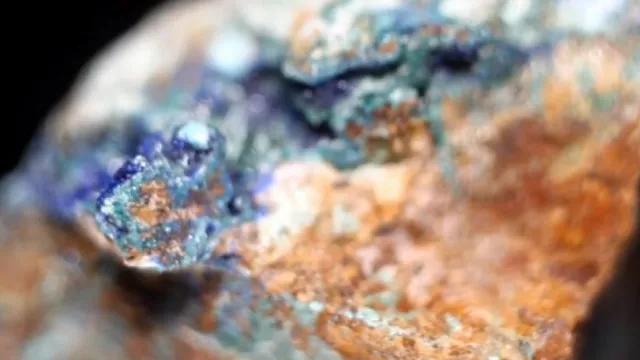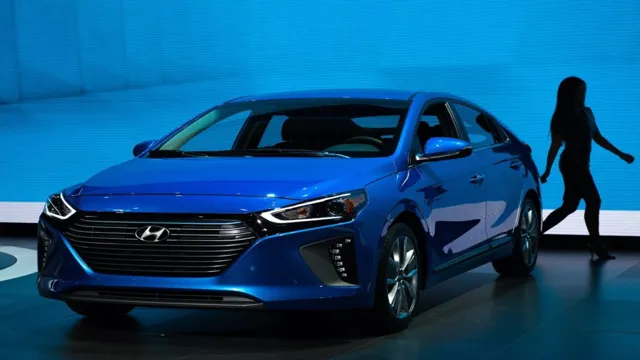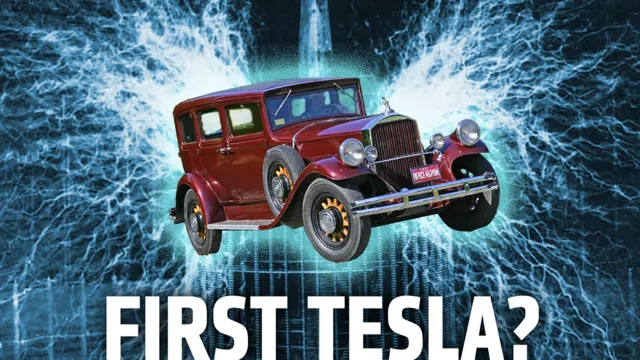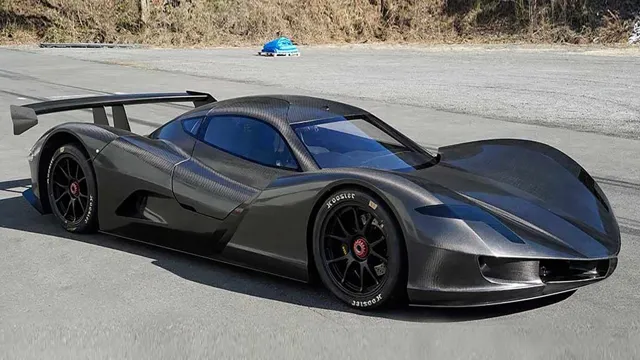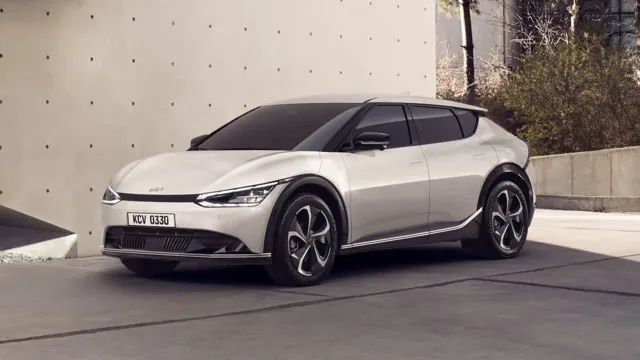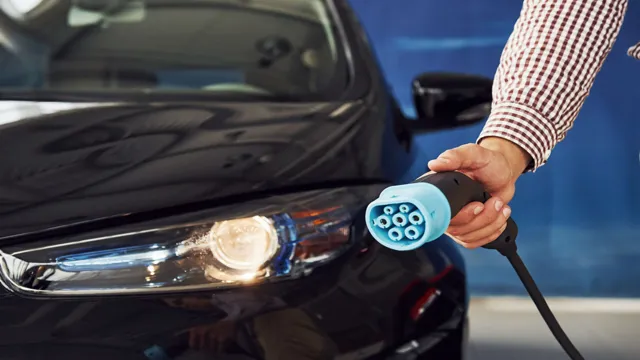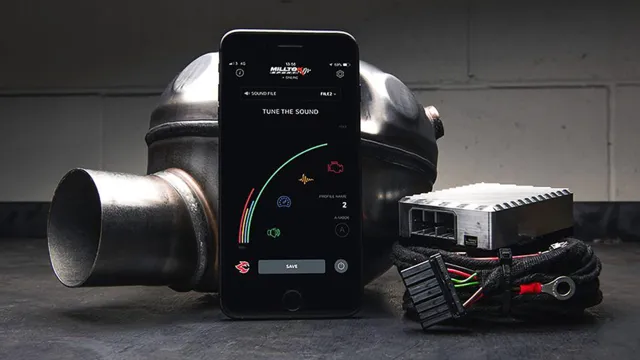Revolutionizing the Auto Industry: Katanga Cobalt’s Electric Cars Make Headlines on Sky News
Electric cars have taken the automobile industry by storm, with more and more people opting for eco-friendly transportation options. The demand for electric cars is only growing, and it’s not hard to see why. These cars emit zero exhaust emissions, reduce dependence on fossil fuels, and are incredibly efficient.
But what powers these electric cars? The answer is cobalt. And where does the majority of the world’s cobalt come from? The Katanga province of the Democratic Republic of Congo. This mineral-rich region is responsible for supplying over 70% of the world’s cobalt.
In this blog, we’ll explore how Katanga cobalt powers electric cars and the challenges that come with sourcing this critical component.
Sky News report highlights the significance
Sky News recently reported on the significance of Katanga cobalt in the production of electric cars. The demand for electric cars has increased dramatically, with many car manufacturers shifting their focus towards producing more eco-friendly vehicles. This has resulted in a surge in demand for raw materials needed to make the batteries that power these cars, including cobalt.
Katanga cobalt is found in the Democratic Republic of Congo and is considered to be a key resource in the production of electric cars. With concerns over the environmental impact of traditional petrol-powered cars, the demand for electric cars is set to continue to rise. While the demand for Katanga cobalt is currently high, there are concerns about the ethical implications of mining it in the DRC, where working conditions and human rights issues are a concern.
As the world seeks to reduce its carbon footprint, it will be vital to find a balance between environmental responsibility and ethical mining practices when it comes to sourcing the materials needed for electric cars.
Cobalt: Essential for EV Batteries
Cobalt, an essential mineral for electric vehicle (EV) batteries, has been highlighted in a recent Sky News report. The report sheds light on the significance of cobalt in the production of lithium-ion batteries and the impact of the EV market on the demand for this mineral. Cobalt plays a crucial role in stabilizing the battery’s voltage and preventing overheating, making it a critical component in the production of batteries for EVs and renewable energy storage.
However, the surge in demand for cobalt has raised concerns about unethical mining practices and the potential environmental impact. There is now an urgent need to find alternative materials or improve the mining practices surrounding cobalt in order to maintain the growth of the EV market in a sustainable manner. Overall, the report emphasizes the need for greater transparency and regulation in the mining industry to ensure the ethical sourcing of cobalt and other minerals.
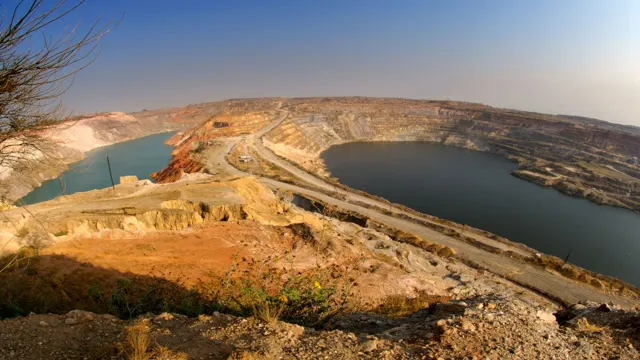
Demand for Electric Cars is Rising
The demand for electric cars is rising, and according to a recent report by Sky News, this trend shows no signs of slowing down anytime soon. In fact, registrations for battery electric vehicles in the UK have surged in the first half of 2021, with over 44,000 new electric cars registered in June alone. This is a significant increase from the previous year and indicates that the public is becoming more aware of the benefits of electric cars.
Factors such as government incentives, the rising cost of traditional fuel, and increasing environmental concerns are all contributing to the shift towards electric cars. With advancements in technology, electric cars are becoming more affordable and practical, making them a viable option for more and more people. The benefits of owning an electric car are numerous, including lower running costs, reduced emissions, and a smoother driving experience.
As the world becomes increasingly reliant on sustainable energy, electric cars are becoming more than just a trend – they are becoming a necessity.
Katanga Cobalt Mine
Katanga Cobalt Mine has recently been making headlines for its significant role in the production of electric cars. The mine, located in the Democratic Republic of Congo, is one of the world’s largest sources of cobalt – a vital component in the batteries of electric cars. Sky News recently reported that the demand for electric vehicles is set to soar in the coming years, leading to an increase in the demand for cobalt.
However, the mine’s reputation has been marred by concerns over child labor and human rights violations. Despite this, the demand for cobalt remains high, and companies are working towards more sustainable and ethical practices in the mining industry. As the world continues its shift towards a greener future, the role of the Katanga Cobalt Mine in powering electric cars is likely to become increasingly important.
Location and Extraction Process
The Katanga Cobalt Mine is located in the Democratic Republic of Congo, which is known to be one of the largest producers of the cobalt metal globally. The mine is situated in the southern part of the DRC and plays an essential role in meeting the high demands of the global market. The cobalt metal is extracted through an extensive mining process that involves both underground and open-pit mining techniques, along with the use of heavy machinery and modern technology.
The cobalt ore is then crushed, processed, and refined through a series of chemical processes that ensure a high yield of pure cobalt. The extraction process of cobalt from the Katanga Cobalt Mine is both complex and intensive, but the end result is a high-quality metal that is essential in the production of lithium-ion batteries and other critical technological applications.
Production Statistics and Future Plans
The Katanga Cobalt Mine is a significant source of cobalt in the world, and it has been experiencing impressive production numbers lately. In the first quarter of 2021 alone, the mine produced 3,771 tonnes of cobalt, an increase of 23% compared to the same period in 2020. Additionally, the mine recently started producing hydroxide, which is a precursor for electric vehicle batteries.
Despite the challenges that come with mining cobalt, such as environmental concerns and the exploitation of miners, the mine’s management has put measures in place to ensure that their production processes are ethical and sustainable. Looking into the future, the Katanga Cobalt Mine has plans to expand its capacity and increase production to meet the growing demand for cobalt, especially for the electric vehicle market. In conclusion, the Katanga Cobalt Mine’s production statistics are impressive, and their future plans show their commitment to sustainability and innovation.
Environmental Impact and Sustainability Practices
The Katanga Cobalt Mine, located in the Democratic Republic of Congo, has come under scrutiny for its environmental impact and sustainability practices. The mine is one of the world’s largest producers of cobalt, a key mineral used in the production of batteries for electric cars and renewable energy storage systems. However, the extraction and processing of cobalt can have a devastating effect on the environment, including air and water pollution, deforestation, and habitat destruction.
The Katanga Cobalt Mine has been accused of contributing to these issues and violating local environmental regulations. In response, the mining company has implemented several sustainability practices, such as using renewable energy sources and reducing water consumption. However, continued monitoring and action are needed to ensure that the mine operates in an environmentally responsible manner.
It is vital that we balance our demand for renewable energy with the need to protect our planet, and mines like Katanga must continue to improve their sustainability practices to achieve this.
Global Impact and Future of Electric Cars
The recent surge in demand for electric cars has resulted in a massive global impact on the mining industry, particularly in countries like the Democratic Republic of Congo, which accounts for a large percentage of cobalt production. The extraction of cobalt, a vital component in the production of electric car batteries, has led to environmental degradation and human rights abuses in the country. In a recent analysis by Sky News, it was found that Tesla, BMW, and Volvo use cobalt extracted from mines in the Katanga region, where child labor and unsafe working conditions are prevalent.
As the transition to electric cars continues to gain momentum, it’s crucial for the industry to ensure that ethical and sustainable practices are in place to avoid further exacerbating the harmful impacts of mining. The future of electric cars holds immense potential, but it’s essential to prioritize the well-being of people and the environment in the pursuit of a greener world.
Reduction in Fossil Fuel Emissions
Electric Cars The world is gradually transitioning from fossil fuels to renewable sources of energy, and electric cars are playing a crucial role in this green revolution. These vehicles offer a sustainable and eco-friendly alternative to conventional gasoline or diesel-powered vehicles. With their advanced technology and efficiency, electric cars are reducing the harmful emissions that contribute to climate change.
According to a report by the International Energy Agency, electric cars could reduce global carbon dioxide emissions by up to 5 billion tons by 2030. This means that electric cars not only provide numerous benefits to their users but also contribute positively to the environment.
As the world looks towards a future without fossil fuels, electric cars offer a promising solution to the problems of climate change. By driving an electric car, you are not only saving money on fuel costs but also helping to protect the planet.
Innovations in Battery Technology
Innovations in battery technology have had a huge global impact, especially in the realm of electric cars. These advancements have helped make electric cars more efficient and practical, and have played a major role in the growth of the industry. One example of an innovation in battery technology is the use of solid-state batteries, which are lighter and more energy-dense than their liquid counterparts.
This allows for longer driving ranges, faster charging times, and more sustainable energy storage. Another exciting development is the use of recycled batteries, which reduces waste and creates a more circular economy. Looking to the future, the potential for battery technology is vast.
As more and more countries make commitments to move away from fossil fuels, it’s clear that battery technology will play a major role in helping to reduce our carbon footprint. However, there are still obstacles that need to be overcome, such as cost and safety concerns. But with continued innovation and investment, it’s likely that we’ll see even more exciting developments in battery technology in the years to come.
Perhaps one day, we’ll even see electric cars that can travel cross-country on a single charge. As the saying goes, the sky’s the limit!
Conclusion and Call to Action
In conclusion, the idea of electric cars powered by cobalt from the Katanga region of the Democratic Republic of Congo may seem far-fetched, but it ultimately represents a shift towards a more sustainable and environmentally-friendly future. While the challenges of ethical sourcing and responsible mining practices must still be addressed, the potential benefits of mass adoption of electric vehicles are undeniable. With companies like Tesla already paving the way for a greener automotive industry, the sky’s the limit for the future of electric cars and the innovative technologies that power them.
“
FAQs
What is katanga cobalt and how is it used in electric cars?
Katanga cobalt is a type of mineral that is used in the production of rechargeable batteries for electric cars. It is a crucial component of the battery cells as it helps to improve their energy density and performance.
Why is cobalt considered a controversial material for electric car batteries?
Cobalt production is often associated with child labor and other unethical practices in countries such as the Congo. Additionally, cobalt mines have significant environmental impacts, which has led to concerns over the sustainability of the material’s use in the automotive industry.
What role does Sky News play in reporting on the use of cobalt in electric cars?
Sky News is a media outlet that has covered the use of cobalt in electric cars extensively. They have reported on the controversies surrounding cobalt production, as well as the efforts being made to find more ethical and sustainable sources of the material.
How is the demand for cobalt expected to grow in the coming years, and what impact will it have on the electric car industry?
The demand for cobalt is expected to continue to grow alongside the electric car industry, as the mineral is a key component of rechargeable batteries. This may lead to concerns over the availability and cost of the material, as well as the ethical and environmental implications of its production.

